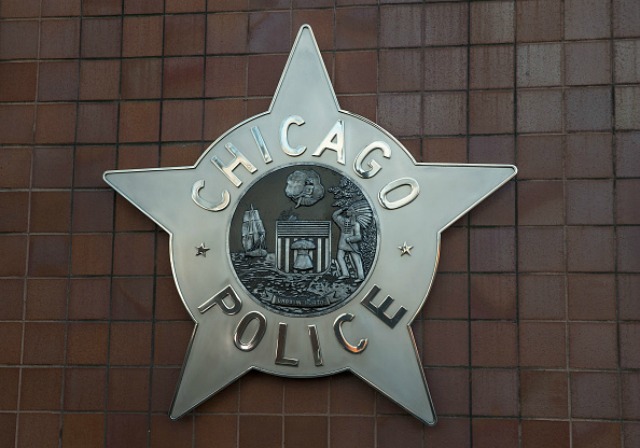Top Cop Announces Stronger Restrictions In Use Of Deadly Force
By Stephen Gossett in News on Oct 7, 2016 5:31PM

Photo: Scott Olson / Getty Images
As the Chicago Police Department continues to face stern criticism in the wake of the fatal, officer-involved shootings of Laquan McDonald and Paul O’Neal, Supt. Eddie Johnson announced Friday a draft revision to the department’s use of force policy. Under the rewrite, a “heavy emphasis” is placed on “the sanctity of life.” Johnson also announced a 45-day period of public comment during which time citizens can offer input about the policy.
The revised policy is partially based on "Guiding Principles on Use of Force," a series of recommendations published in March by the Police Executive Research Forum.
In relation to the “sanctity of life,” the police department revision states:
“In all aspects of their conduct, Department members will act with the foremost regard for human life and safety of all persons involved. This includes comporting themselves in a manner that conveys the gravity of any use of force, offering medical aid to those injured in use of force incidents, and intervening and reporting on a subject’s behalf when observing force being used in violation of Department policy.”
According to the new guidelines, use of force should be governed more strictly than what is permitted under Graham v. Connor. Under that case law, use of force depends on “the severity of the crime at issue, whether the suspect poses an immediate threat to the safety of the officers or others, and whether he is actively resisting arrest or attempting to evade arrest by flight.” But according to the revision, it would only be authorized “to prevent an immediate threat of death or great bodily harm posed to officers or another person.” The threat must be “objectively reasonable.” New guidelines will also for the first create a definition of "force."
The proposal also stresses de-escalation and "continual communication" to minimize confrontation.
Activists and review agencies have been calling for greater restrictions in this matter of policing. The Police Review Board in July urged strict revisions, including a request that officers give warning calls before firing a weapon, when possible, and a change to the “fleeing felon” guidelines—which does not take into account the degree of threat.
Alan Mills, Executive Director at Uptown Peoples Law Center, supported that position when he spoke to Chicagoist in September. The current guideline “has led to the slaughter of too many young black men by police,” he said.
"Ever since becoming Superintendent I have been committed to building public trust, fostering transparency, and providing officers with the tools they need to do their jobs more effectively. That is why I chose to seek public input on this important policy," Supt. Johnson said in a press release. "We will continue to implement policies, training, and tactics based on the best practices of 21st Century policing and never lose sight of our individual and collective responsibilities in every encounter with the public."
Today at noon, use of force draft policy will go live for public input. https://t.co/TugWPOawW0
— Anthony Guglielmi (@AJGuglielmi) October 7, 2016